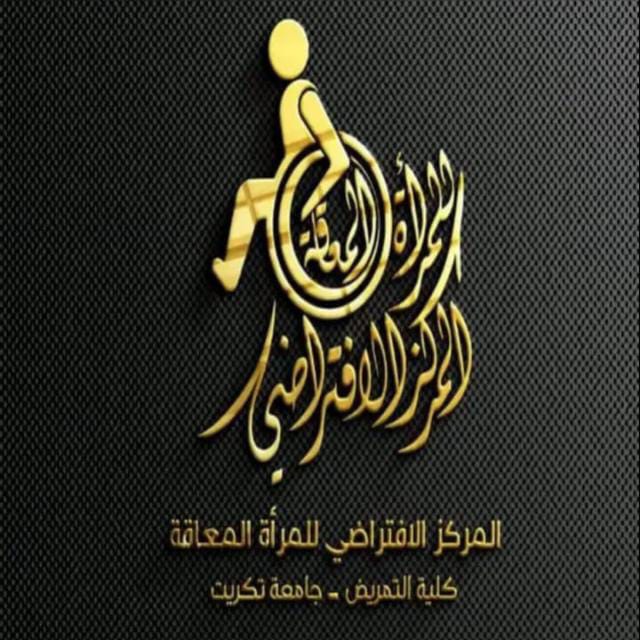The Virtual Center for Women with Disabilities Rejoices on the National Day of the Iraqi Woman
On this day, when the earth pulses with the name of the Iraqi woman, we stand before an undeniable truth: A woman is not just half of society; she is its soul, its heartbeat, and the balance that sustains it. And at the heart of this truth stands the woman with disabilities—an unshakable testament that strength is not measured by the body’s perfection, but by the resilience of the spirit, by the ability to rise despite the falls, and by the unwavering belief that life grants its rewards only to those who dare to claim them.
Disability is not an end—it is the beginning of a deeper awareness of willpower. To be a woman with a disability in a society that still judges by appearances means waging a daily battle—not against the disability itself, but against ignorance and indifference, against the glances that attempt to reduce you to a weakness you do not possess, against the judgments written without ever reading your story.
And yet, here lies the paradox: The woman with disabilities is not merely a survivor; she is a creator of life in its deepest form. She has learned that every step, no matter how small, is an achievement. That every day lived with determination is a triumph. She understands that the real barriers are not in the body but in the rigid mindsets, in the opportunities unjustly withheld, and in the roles confined by assumptions that she has no right to lead, think, create, or inspire.
On this National Day of the Iraqi Woman, we celebrate all women, but we place at the forefront those who receive no applause when they rise, who are only recognized when they achieve the impossible. These women do not seek pity; they demand an honest acknowledgment that they are full and equal partners in building life.
This day is not just an occasion—it is a call to open our eyes to a reality that must change, to policies that must evolve, to perspectives that must mature. Celebration is not enough; we must realign priorities, remove obstacles, shatter unjust ceilings, and recognize that the woman with disabilities is not of lesser stature—she may, in fact, be the one redefining the very meaning of strength.
To every Iraqi woman, to every woman who has carried the burden of struggle without bending, we say: May you always be the living proof that true strength is not seen but felt, and that an unbreakable will does not surrender—it recreates the impossible.

